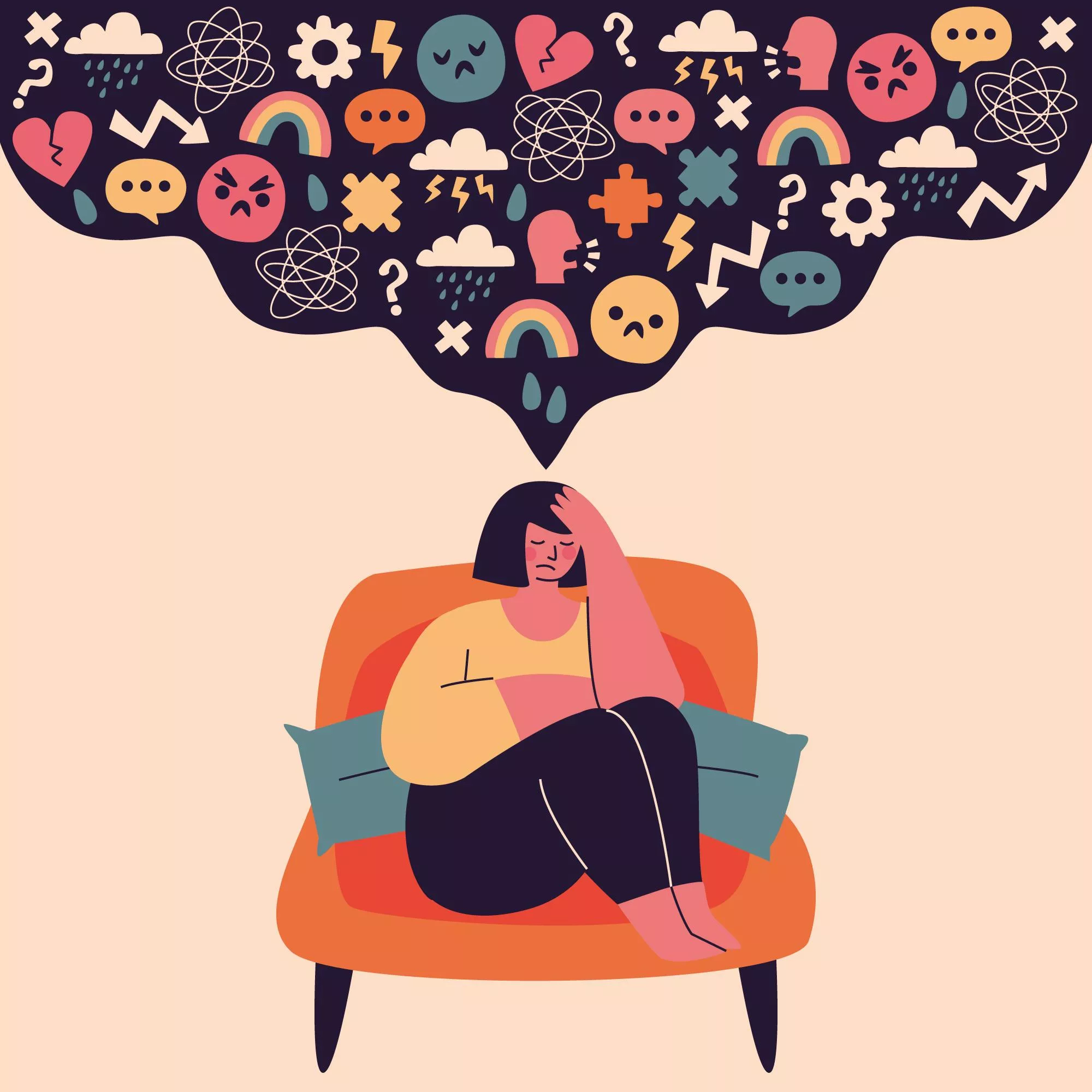Amidst the hustle and bustle of modern life, mental health has become an increasingly important topic of conversation. As we become more aware of the critical role mental well-being plays in our overall health, various therapeutic methods have come to the fore, one of which is massage therapy. In this post, we explore the potent connection between massage and mental health, focusing on the management of stress, anxiety, and depression.
Massage Therapy: More Than Just Physical Relief
While massage therapy is often associated with physical benefits such as relieving muscle tension or aiding recovery from injuries, its positive impacts on mental health are equally significant. Massage can play a pivotal role in managing mental health conditions by promoting relaxation, reducing stress hormones, increasing ‘feel good’ hormones, and improving sleep.
Stress Reduction
In today’s fast-paced world, stress has unfortunately become a constant companion for many. Massage therapy offers a natural, non-invasive way to combat this pervasive issue. By stimulating the parasympathetic nervous system, massage encourages the body to enter a rest-and-digest state, lowering cortisol (the stress hormone) levels and promoting a sense of calm and relaxation.
Managing Anxiety
Anxiety disorders are some of the most common mental health conditions globally. Massage therapy can help manage symptoms of anxiety by promoting a sense of calm and relaxation. The nurturing touch of a skilled therapist can trigger the release of endorphins, the body’s natural ‘feel good’ hormones, which can help to create a sense of well-being and tranquillity.
Alleviating Symptoms of Depression
Massage therapy can also play a role in managing depression. Similar to its effects on anxiety, massage can help to increase levels of serotonin and dopamine, neurotransmitters that are often low in those suffering from depression. This hormonal shift can lead to improved mood and energy levels, creating a sense of balance and calm.
Improved Sleep Quality
Sleep is essential for good mental health, and difficulties with sleep are often associated with mental health conditions. Massage therapy can help improve sleep quality by promoting relaxation and reducing anxiety and stress, making it easier to fall asleep and stay asleep.
Conclusion
The connection between massage and mental health is clear. By promoting relaxation, managing hormonal balance, and improving sleep quality, massage therapy can be a valuable tool in managing stress, anxiety, and depression. While massage should not replace traditional treatments for mental health conditions, it can be an effective complementary therapy, providing relief and promoting overall well-being. If you’re struggling with mental health issues, consider incorporating massage therapy into your self-care routine – your mind, as well as your body, will thank you.
Book Your Therapeutic Massage Today
Ready to discover the relief that therapeutic massage can provide? Book your appointment at Forget-Me-Knot today. We’re here to help you on your journey to wellness.
For more information on the benefits of therapeutic massage, check out this comprehensive guide from the Mayo Clinic.

